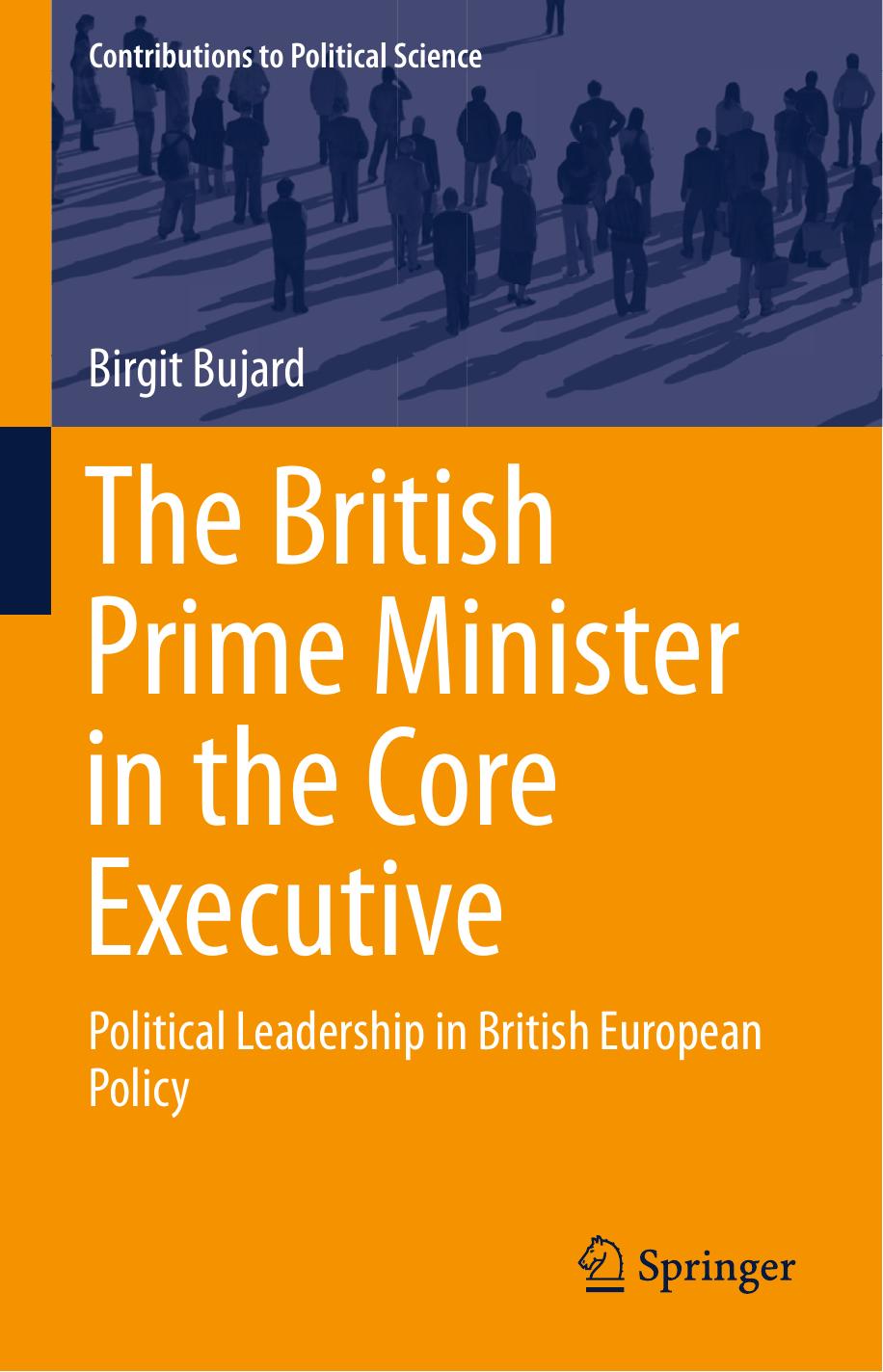The British Prime Minister in the Core Executive by Birgit Bujard

Author:Birgit Bujard
Language: eng
Format: epub, pdf
ISBN: 9783319899534
Publisher: Springer International Publishing
Lawson’s successor John Major, having been foreign secretary for just 3 months, was barely known outside Westminster and many believed that from now on economic policy would be made from No. 10 (Stephens 1997: 140). As a result of Lawson’s resignation the case for ERM membership temporarily slipped off the government’s agenda again. While the new chancellor on 31 October confirmed his support for the conditions set out in Madrid, neither he nor the new foreign secretary Douglas Hurd showed much interest in furthering this cause as their predecessors had done (Thompson 1996: 154). After the Strasbourg meeting in December 1989, at which the European Council had decided that Intergovernmental Conferences (IGCs) on EMU and on political union were to be convened, Hurd adopted the FCO’s view: without ERM membership the UK would not be able to influence the discussions on EMU (Stephens 1997: 149). In early 1990 Hurd persuaded Major that ERM entry before the start of the IGCs would be helpful to the UK’s negotiating position. In March the foreign secretary and the chancellor publicly announced their support of ERM entry (Thompson 1996: 161). Hurd encouraged Major to promote membership with the prime minister with economic instead of political arguments. Major agreed. After what had happened before Madrid, proposals connected with the FCO were not taken into account anymore by No. 10 (Stephens 1997: 150; Major 2000: 156). Like his predecessor had done, Major decided—though most government ministers would have supported him—to try to persuade Thatcher to agree to ERM membership bilaterally and not in the full cabinet (Thompson 1996: 162). Discussions were difficult because Thatcher was partly cooperative and partly backtracked on what she had agreed to before (Stephens 1997: 153). Major’s position in government was comparably strong at this stage because the prime minister was weak. The Conservatives trailed the Labour Party in the polls. Also, they had begun with the collection of the deeply unpopular poll tax.27 Moreover, at the annual party leadership election Thatcher had been challenged for the first time. There were backbencher demands for a change of policy on the ERM. Thus, the PM could not risk losing another chancellor over the issue (Thompson 1996: 162). Meanwhile in spring/summer 1990 DTI minister Nicholas Ridley continuously pushed her to ignore the proposals in support of joining the ERM made by Hurd and Major. Ridley by then attended all cabinet committees covering European policy and was an important supporter in Thatcher’s quest against membership (Stephens 1997: 153–154, 130). But due to the external and internal pressure Thatcher finally began to modify her position (Stephens 1997: 156). Major persuaded her to show willingness that Britain would join the ERM by the end of 1990. In May she announced that the conditions for ERM membership were close to being fulfilled (Thompson 1996: 162, 163). At a bilateral on 13 June Major secured her agreement to joining the ERM, which he announced in early July. He had tried to persuade her to agree to accession in July, but she had insisted to wait until autumn (Stephens 1997: 157).
Download
The British Prime Minister in the Core Executive by Birgit Bujard.pdf
This site does not store any files on its server. We only index and link to content provided by other sites. Please contact the content providers to delete copyright contents if any and email us, we'll remove relevant links or contents immediately.
The Secret History by Donna Tartt(19085)
The Social Justice Warrior Handbook by Lisa De Pasquale(12190)
Thirteen Reasons Why by Jay Asher(8909)
This Is How You Lose Her by Junot Diaz(6885)
Weapons of Math Destruction by Cathy O'Neil(6279)
Zero to One by Peter Thiel(5801)
Beartown by Fredrik Backman(5751)
The Myth of the Strong Leader by Archie Brown(5507)
The Fire Next Time by James Baldwin(5442)
How Democracies Die by Steven Levitsky & Daniel Ziblatt(5218)
Promise Me, Dad by Joe Biden(5153)
Stone's Rules by Roger Stone(5087)
A Higher Loyalty: Truth, Lies, and Leadership by James Comey(4960)
100 Deadly Skills by Clint Emerson(4924)
Rise and Kill First by Ronen Bergman(4788)
Secrecy World by Jake Bernstein(4752)
The David Icke Guide to the Global Conspiracy (and how to end it) by David Icke(4717)
The Farm by Tom Rob Smith(4507)
The Doomsday Machine by Daniel Ellsberg(4490)
